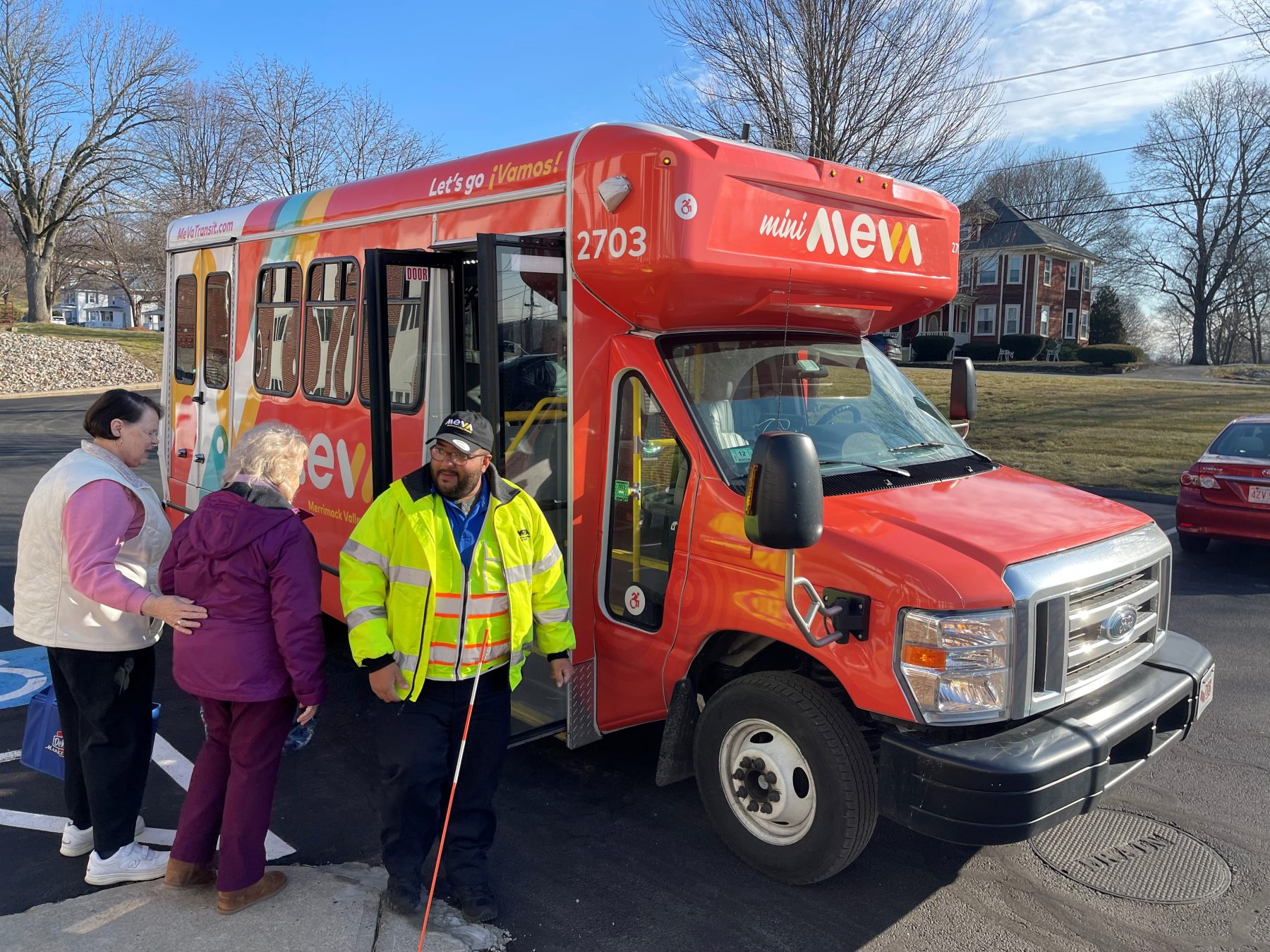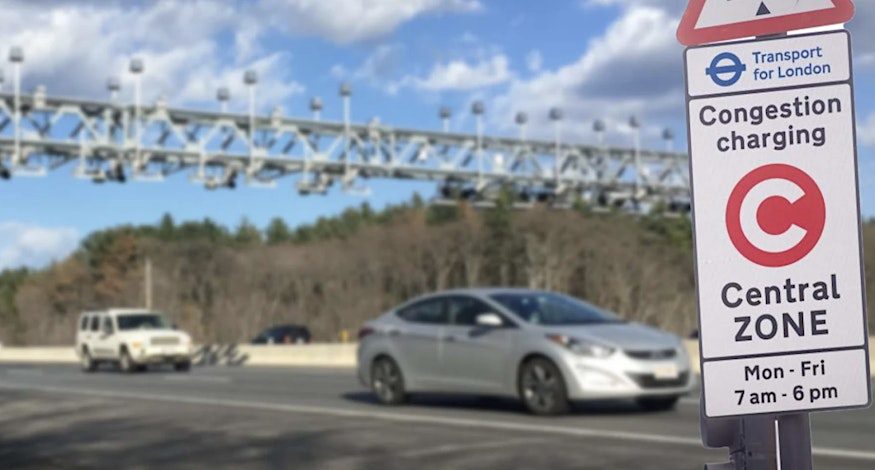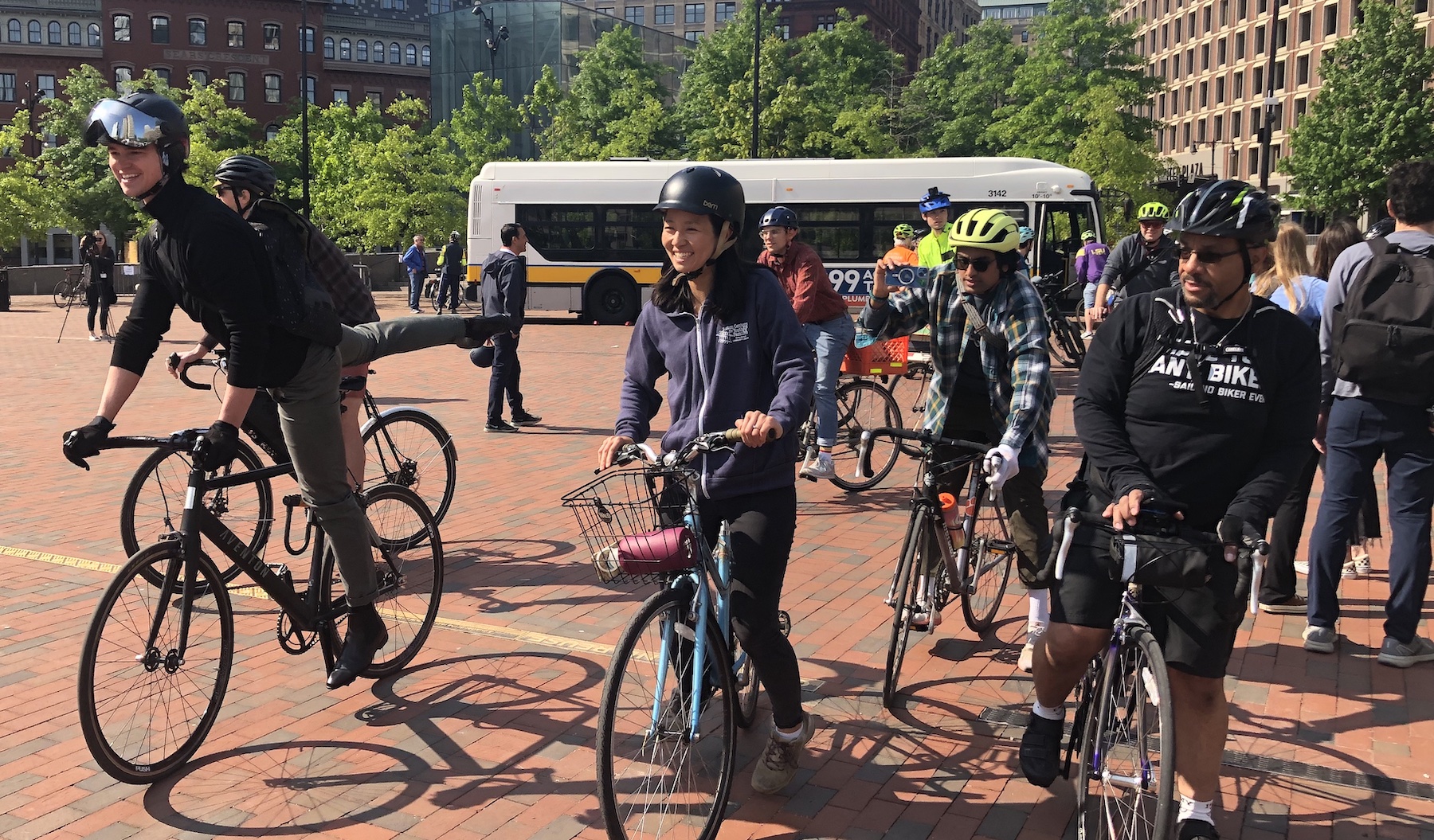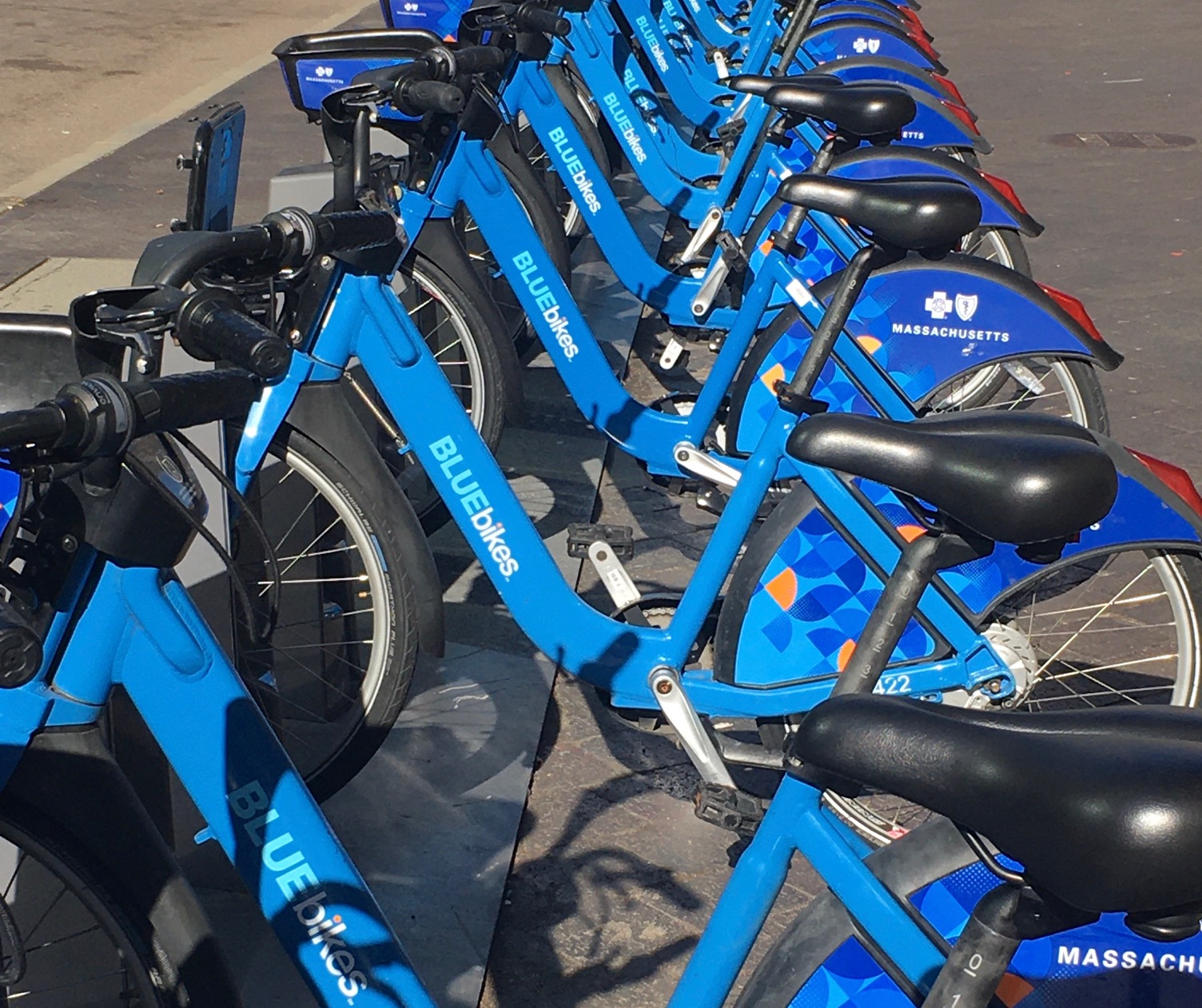Funding the MBTA was the big transportation news from the Governor's big reveal of her 2025 budget proposal last week (it's complicated).
But now that we've had a few days to read through the rest of the Governor's budget bill, there are a few other noteworthy items worth highlighting.
After historic budget increase, Governor proposes RTA funding cut
While the MBTA gets much, much more money from the state, the Commonwealth's Regional Transit Authorities also rely a great deal on funding they get from the state budget.
Last year's budget provided a historic boost for RTAs thanks to new funds from the new Fair Share Amendment, which imposed a higher income tax rate on high-income households. That additional funding enabled some RTAs to start expanding service, and also allowed for a widespread expansion of popular fare-free services this year.
Governor Healey's proposed 2025 budget would put a major dent in that new funding, reducing the total available for RTAs from $184 million this year to $169 million next year. Taking a 3 percent inflation rate into account, this would amount to an 11 percent budget cut for the RTAs.

It's worth noting, though, that the Governor's 2025 budget proposal is still considerably more generous than her initial 2024 budget proposal from a year ago, when she proposed just $25 million in Fair Share funding for regional transit authorities.
Lawmakers in the Legislature get credit for boosting that appropriation in the final version of the bill – and they could do so again this year.
One other noteworthy item in the Governor's proposed budget concerns the language regarding fare-free programs.
The current year's budget specifies that $15 million "shall be expended on grants for fare free pilot programs to be administered by the regional transit authorities" (many of those programs are taking effect this winter).
The Governor's proposed budget tweaks that language slightly. This year's bill says that $15 million "shall be expended on grants for fare equity programs" (emphasis added), not fare-free programs.
Governor proposes shift in Fair Share funding towards education
The Governor's proposed RTA funding cuts are part of a bigger change in her proposed funding from the new Fair Share income tax, which took effect a year ago.
The constitutional amendment that authorized that tax specified that the new funding has to fund education and transportation programs.
In last year's budget, lawmakers agreed to create a new Education and Transportation Fund that split the funding more or less evenly between those two categories of spending.
For 2025, Governor Healey is proposing to shift more of the Fair Share funding for education programs. Her proposed budget sets aside $550 million (42 percent of Fair Share spending) for transportation projects and programs, and $750 million (58 percent) for education.
Here's how the Governor proposes to split the $550 million for transportation:
- $45 million for MBTA low-income fares
- $75 million for regional transit authorities
- $56 million for "service, safety and sustainability" projects
- $124 million for highways, roads, and bridges
- $250 million to the Commonwealth Transportation Fund, which would increase the Fund's borrowing capacity for debt to pay for major capital projects over the next 5 years
Legalizing 'class 3' e-bikes
As usual, the Governor's budget bill includes a number of "outside sections" – clauses that have nothing to do with the budget, but take care of relatively uncontroversial legislative housekeeping items.
Two of the outside sections in the Governor's budget bill would revise the Commonwealth's definitions of electric bicycles – language that initially became law in 2022 – to include higher-speed "class 3" e-bikes.
The Governor's bill would define a class 3 bike as "an electric bicycle or tricycle equipped with a motor that provides assistance only when the rider is pedaling and ceases to provide assistance when the speed of the bicycle reaches or exceeds 28 miles per hour."
Existing Massachusetts law only defines two classes of e-bikes – class 1 bikes, where the motor only operates while pedaling, and class 2 e-bikes, which include a throttle. Under current law, both these classes require that the electric motor stop running at speeds in excess of 20 mph.
The addition of higher-speed class 3 bikes would bring Massachusetts law in alignment with the rules in most other states.
As in current law, motors on class 3 bikes could have a maximum power of 750 watts.
This story was corrected on Monday morning, January 29, to correct the figures from the Governor's proposed spending of Fair Share revenues. A previous version omitted a $250 million transfer of Fair Share funds to the Commonwealth Transportation Fund.





